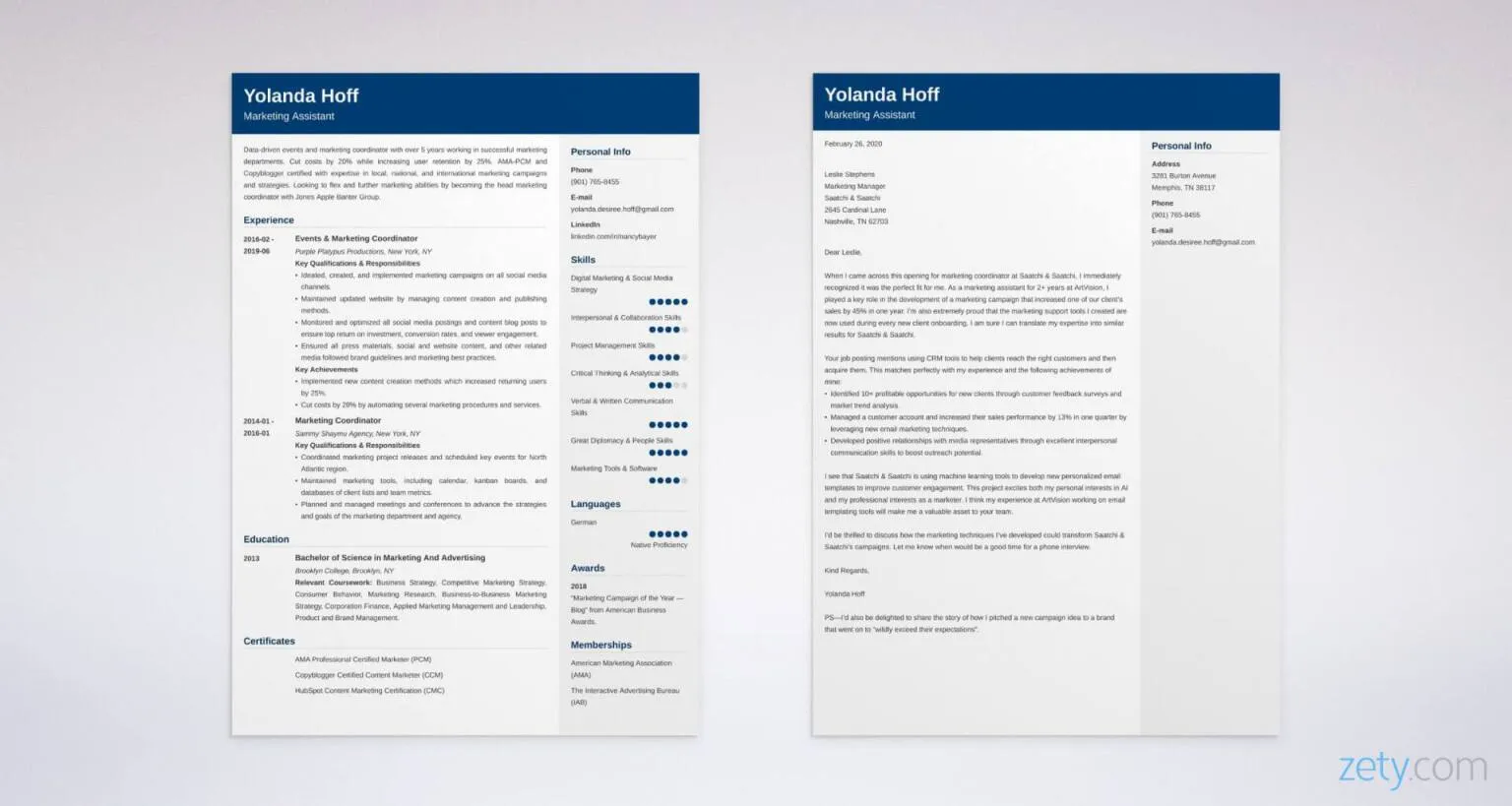Crafting a Winning Marketing Coordinator Cover Letter
A compelling cover letter is your first chance to make a strong impression on a potential employer. For a Marketing Coordinator position, your cover letter needs to be more than just a summary of your resume; it needs to showcase your enthusiasm, your understanding of the role, and your ability to contribute to the company’s marketing goals. This guide provides insights into crafting a cover letter that captures attention and secures you an interview, focusing on key elements that hiring managers look for in Marketing Coordinator candidates. It’s about presenting yourself not just as a qualified applicant, but as a passionate individual ready to drive marketing success.
Highlighting Your Skills and Experience
Your cover letter should immediately highlight the skills and experience that make you a strong fit for the Marketing Coordinator role. Focus on the core competencies typically required, such as content creation, social media management, email marketing, data analysis, and campaign execution. Instead of merely listing your skills, provide brief, impactful examples of how you’ve utilized them to achieve results in previous roles. This section is your opportunity to demonstrate your marketing acumen and how your past successes can translate into value for the prospective employer. This section is critical as it allows you to make a strong first impression.
Showcasing Your Marketing Acumen
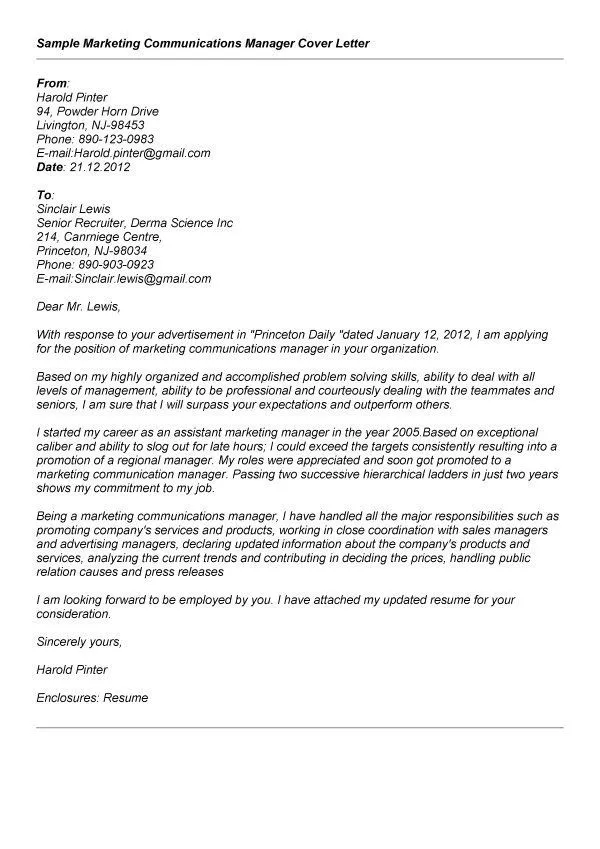
Demonstrate your understanding of marketing principles and strategies. Mention specific campaigns you’ve worked on, the target audience, and the marketing channels you used. Highlight your ability to analyze market trends, understand customer behavior, and develop marketing plans. Showcasing your understanding of digital marketing tools like SEO, SEM, and marketing automation platforms can set you apart from other candidates. Your cover letter should reflect your awareness of the industry and your ability to apply marketing concepts effectively. Mention how you keep up with industry trends.
Demonstrating Your Communication Skills
Effective communication is vital for a Marketing Coordinator. Showcase your ability to write clear, concise, and engaging content. Highlight any experience you have with public speaking, presentations, or client communication. Mention your ability to work collaboratively with different teams and departments. The cover letter itself is an example of your writing skills, so ensure it is well-written, free of errors, and demonstrates your ability to convey ideas effectively. Explain how you have successfully communicated with different audiences.
Quantifying Your Achievements
Use numbers and data to illustrate your accomplishments. Instead of saying you ‘improved social media engagement’, state that you ‘increased social media engagement by 30% within six months’ or ‘grew the email subscriber list by 20%’. Quantifying your achievements provides concrete evidence of your impact and demonstrates your ability to drive results. Focus on measurable outcomes such as increased website traffic, higher conversion rates, improved brand awareness, or cost savings. Providing evidence of your successes is essential to prove that you are a valuable asset.
Using Action Verbs
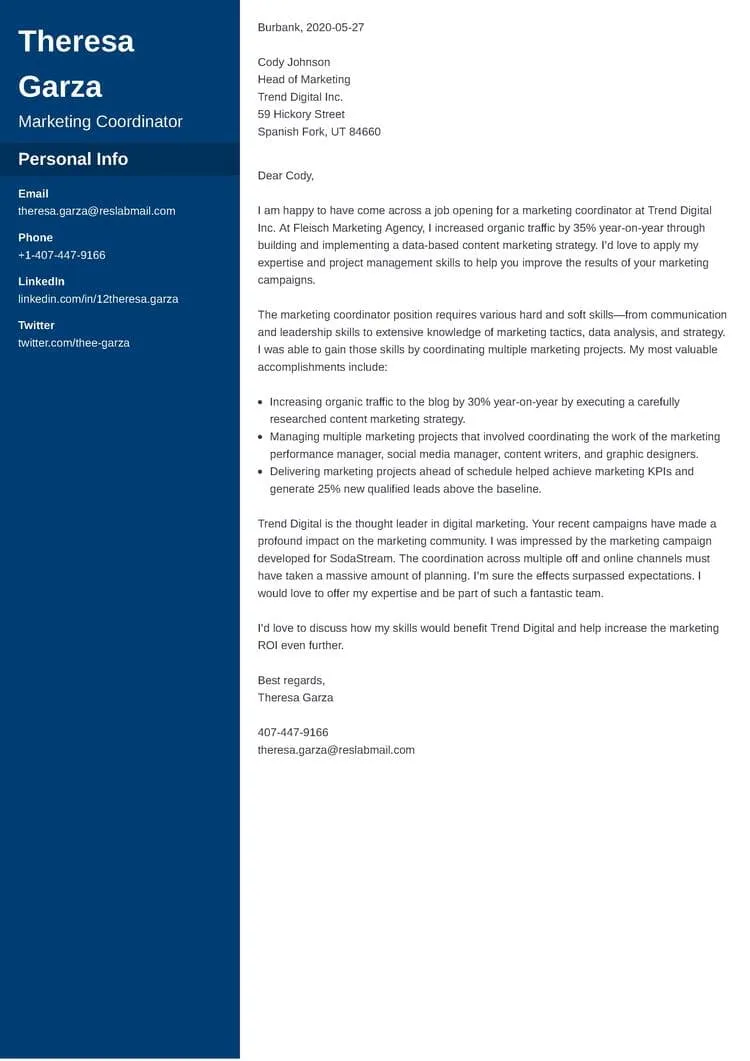
Use strong action verbs to describe your responsibilities and accomplishments. Verbs such as ‘managed’, ‘developed’, ‘implemented’, ‘analyzed’, ‘coordinated’, and ‘increased’ make your cover letter more dynamic and engaging. Action verbs help paint a picture of your proactive approach and your contributions to previous roles. Avoid passive language and instead, emphasize your active involvement and the actions you took to achieve results. Using dynamic language will help the hiring manager understand how you work.
Providing Specific Examples
Give specific examples of your work to support your claims. If you mention managing social media campaigns, provide details on the platforms you used, the types of content you created, and the results you achieved. For example, mention a specific campaign and explain your role. This level of detail makes your cover letter more credible and demonstrates your practical experience. Always provide context and show the hiring manager the kind of work you have done.
Tailoring Your Letter to the Job
Customize your cover letter for each job application. Review the job description carefully and identify the specific skills, experiences, and qualifications the employer is seeking. Then, tailor your cover letter to address those requirements directly. Show how your qualifications align with the job description and explain why you are the best fit for the role. A personalized cover letter shows that you have taken the time to understand the company and the position. This demonstrates your genuine interest in the role.
Researching the Company
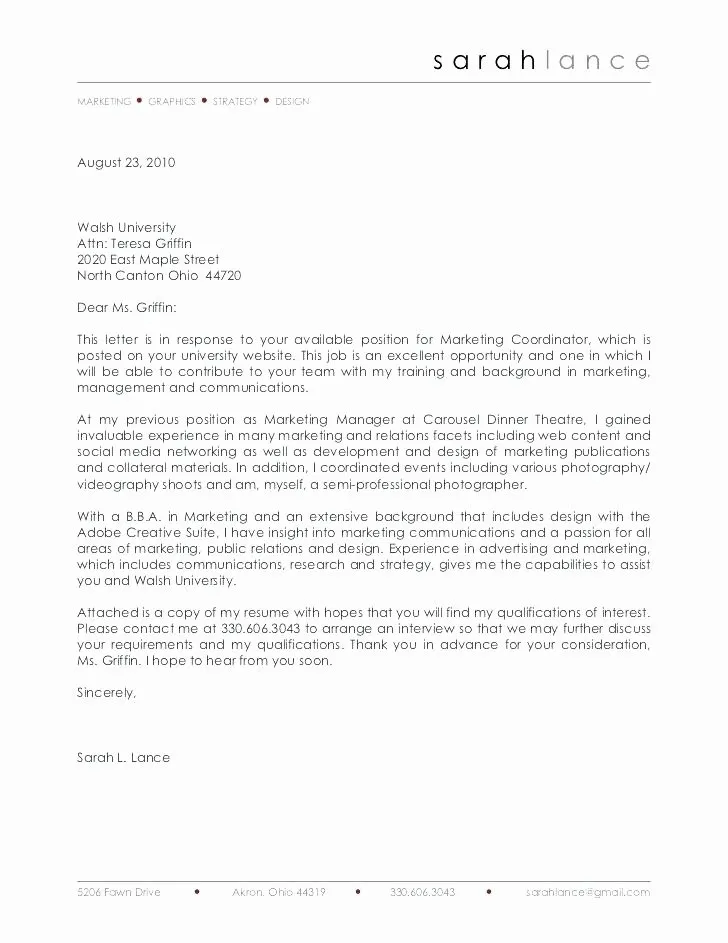
Before writing your cover letter, research the company and its marketing efforts. Understand their products or services, target audience, and marketing strategies. Mentioning specific campaigns or initiatives that resonate with you shows your interest and initiative. Tailoring the cover letter shows that you care about the company’s goals. Incorporate the company’s values and the qualities they look for in their employees in your cover letter.
Matching Skills to Requirements
Carefully match your skills and experience to the requirements listed in the job description. Use the same keywords and phrases the employer uses to describe the required skills and qualifications. Clearly articulate how your skills align with each requirement. By doing so, you make it easy for the hiring manager to see that you possess the necessary qualifications for the position. This ensures you meet the key criteria and helps your application stand out.
Formatting and Presentation
The format and presentation of your cover letter are also important. Use a professional font, such as Times New Roman or Arial, and maintain consistent formatting throughout. Keep the letter concise, typically no more than one page. Use clear and concise language, and organize your thoughts logically. Use bullet points to highlight key achievements or skills. This ensures that your cover letter is easy to read and visually appealing. Make sure your letter is well-structured.
Ensuring a Professional Tone
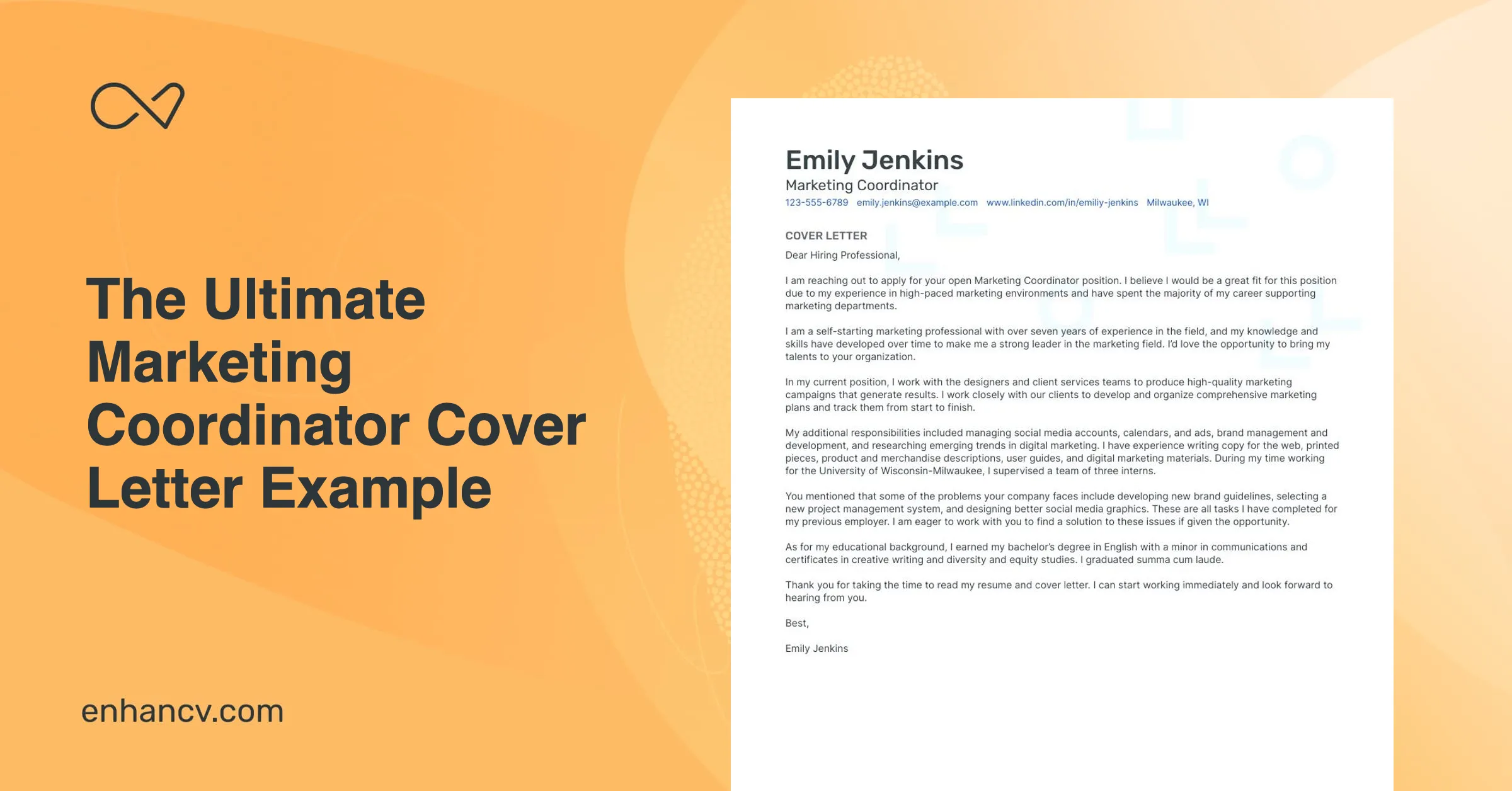
Maintain a professional tone throughout your cover letter. Use formal language, avoid slang or jargon, and be respectful. Address the hiring manager by name if possible. Be positive and enthusiastic, but avoid sounding overly casual or familiar. The tone should reflect your professionalism and attention to detail. Always use a professional email address when sending your application.
Proofreading and Editing
Before submitting your cover letter, carefully proofread and edit it to eliminate any errors in grammar, spelling, or punctuation. Typos and grammatical errors can undermine your credibility and make a negative impression on the hiring manager. Use a grammar checker and ask a friend or family member to review your cover letter for clarity and accuracy. Proofreading is a crucial step.
Closing Your Cover Letter Effectively
A strong closing is crucial to leave a lasting impression. The closing should reinforce your interest in the position and your enthusiasm for the company. Make sure that the hiring manager remembers you.
Expressing Enthusiasm
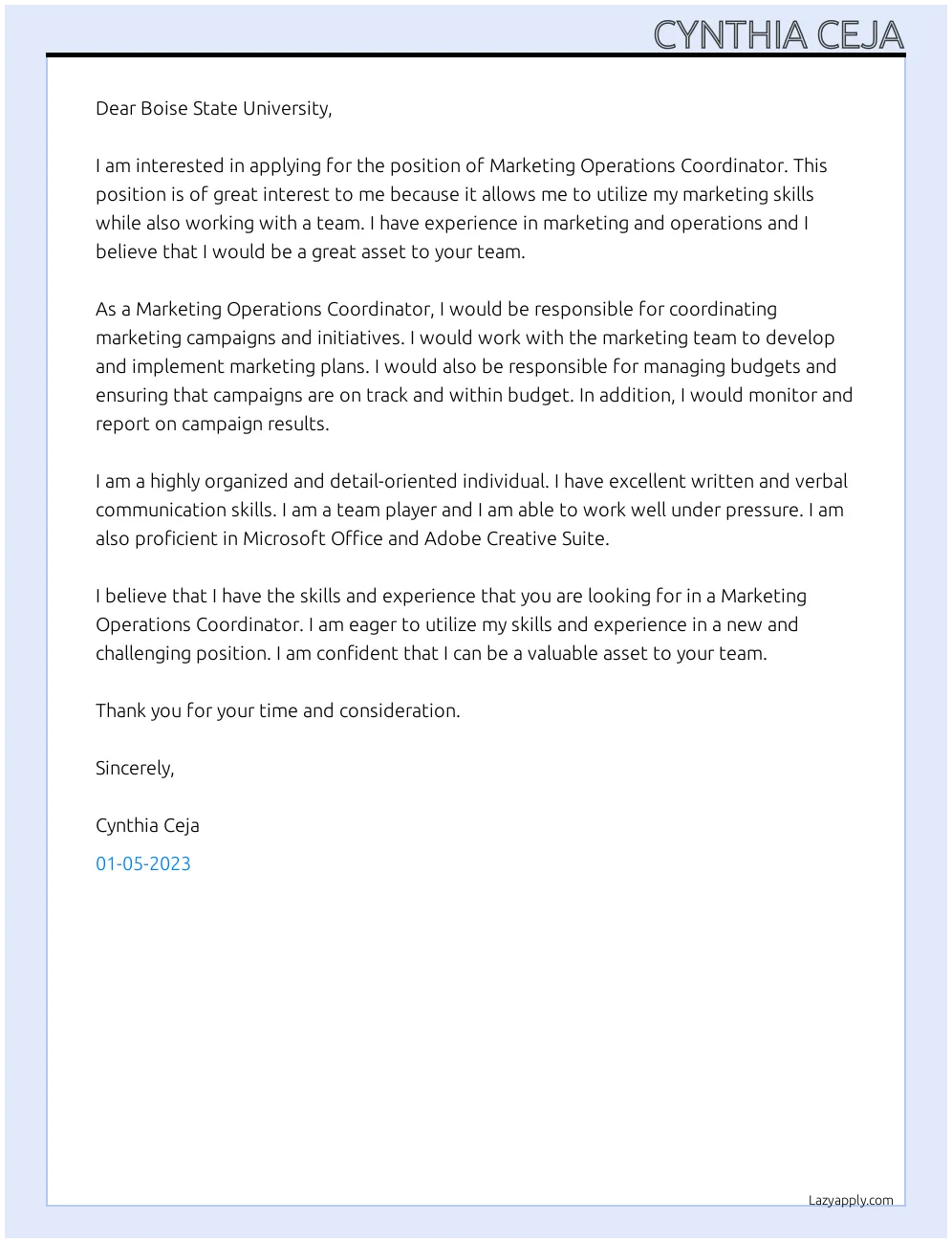
Reiterate your interest in the role and express your enthusiasm for the opportunity. Mention why you are excited about the company and its mission. Convey your eagerness to contribute to the team’s success and help the company achieve its marketing goals. Your enthusiasm can make you more memorable.
Providing Contact Information
Provide your contact information, including your phone number and email address, so the hiring manager can easily reach you. Ensure your voicemail message is professional and your email address is appropriate. It’s also a good idea to include a link to your LinkedIn profile or online portfolio to provide the recruiter with an easy way to learn more about you and your work.
Following Up
After submitting your cover letter and resume, consider sending a follow-up email or making a phone call to express your continued interest in the position. This demonstrates your initiative and professionalism and can help you stand out from other applicants. Be polite and concise and thank the hiring manager for their time and consideration. Following up shows your strong interest in the role. A well-crafted cover letter can significantly increase your chances of landing an interview and ultimately securing the Marketing Coordinator position.
